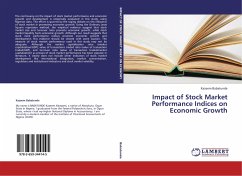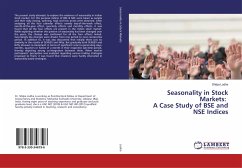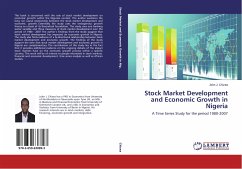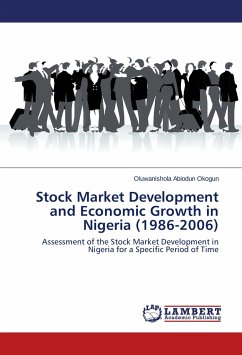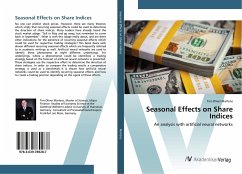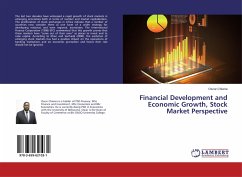The controversy on the impact of stock market performance and economic growth and development is empirically evaluated in this study, using Nigerian data. This effort is spurred by the raging debate on the relevance of stock market in promoting economic growth. Using the Ordinary Least Square regression method, the empirical evidence suggest that stock market size and turnover ratio promote economic growth, while stock market liquidity hurts economic growth. Although our result suggests that stock mark performance indices promote economic growth and development, this evidence should be viewed with some caution. The measure of stock market performance used in this study may not be adequate. Although the market capitalization ratio (market capitalization/GDP), value of transactions traded ratio (value of transaction traded/GDP), and turnover ratio (value of transaction traded/market capitalization) as proxies of stock market performance has been popular in literature, it clearly does not include other indicators of stock market development like international integration, market concentration, regulatory and institutional indicators and stock market volatility.

